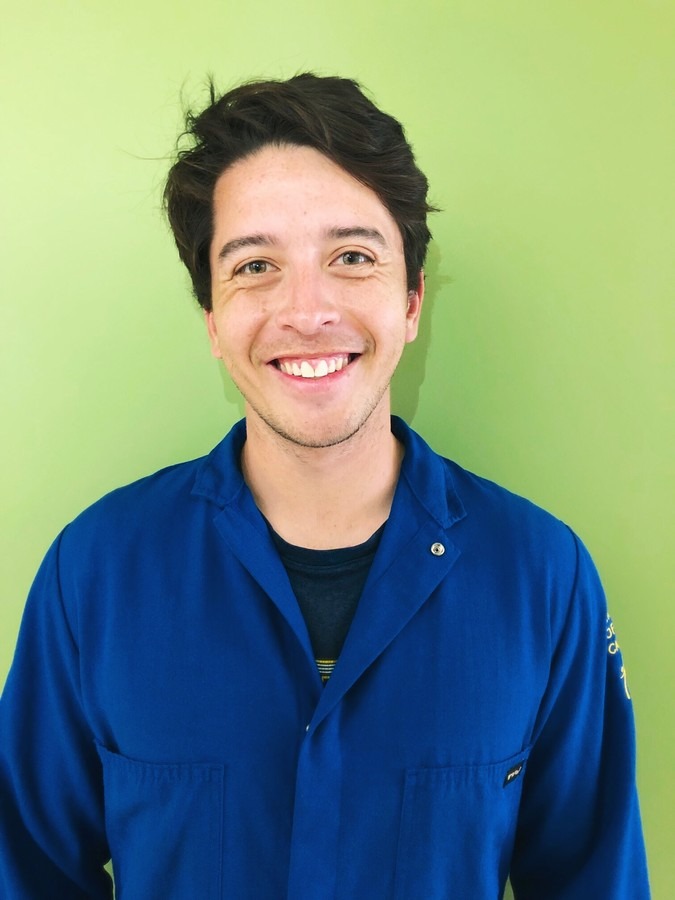
CYTO Virtual Interactive 2021 Oral Presentation - High-Throughput Flow Sorting of Microalgae Based on Biomass Accumulation Rates in Production Environments Using PicoShell
-
Register
- Visitor - $50
- Bronze Member - Free!
- Platinum Member - Free!
- Platinum - Free!
- Bronze Member 3-Year - Free!
- Silver Member 3-Year - Free!
- Platinum Member 3-Year - Free!
Overview
INTRODUCTION: With the heightened interest in cell-derived bioproducts (bio-plastics, biofuels, protein therapeutics, etc.), the selection of desired cells based on their phenotypic properties has become increasingly important. In particular, it is important to select cells based on their coupled production of biomass and growth. Selection tools for these phenotypes such as microtiter plates1, droplet technology2, and microwells3 do not provide an environment that replicates scaled production cultures. As a result, scientists often need to perform further engineering of strains to adapt them to scaled-up industrial cultures, a process that can take several months or years without guaranteed success.
To address these issues, we have developed PicoShells, which enable compartmentalization of growing colonies into nanoliter compartments and continuous media exchange with the external environment. PicoShells are freely suspendible spherical particles that are 50-80μm in diameter, consist of a hollow inner cavity where cells are compartmentalized and have a solid, porous outer shell. The porous outer shell allows compartmentalized cells to be exposed to concentration gradients, enable cell-cell communication, and allow continuous replenishment of nutrients. Cell-containing PicoShells can be placed directly into bioreactors or other relevant environments, providing a production-similar environment for enclosed cells that is not possible to attain with any other high-throughput screening technologies. Colony containing PicoShells are also capable of being screened and sorted via FACS based on the overall production of biomass and bioproduct over time and enable viable downstream recovery.
RESULTS/DISCUSSION: We found that encapsulated Chlorella sp. and Saccharomyces cerevisiae grow more rapidly and to higher final densities in PicoShells than in microfluidic droplets in oil. We also used the PicoShell workflow to select Chlorella colonies based on accumulated chlorophyll fluorescence. We released colonies from the particles, re-cultured, and verified after re-culture that the selected sub-population accumulated biomass faster than an un-selected population. We observed that the selected sub-population had an approximately 8 percent faster growth rate than the un-selected population (doubling times of 10.2h and 11.2h respectively, P < 0.01) for the first 48 hours of growth after seeding.
CONCLUSION: We have shown that PicoShells may enable cell line developers to develop novel cell populations based on their behavior in production environments. Unlike previously developed high-throughput screening tools, individual cells can be compartmentalized, placed into relevant environments such as bioreactors, exposed to natural stimuli, and selected based on their time-dependent behavior and growth in such environments via widely used flow cytometers. As a result, the technology has the exciting potential to rapidly accelerate the development of cell-derived bioproducts such as biodiesel, materials, cell-derived agriculture, nutrient supplements, and protein therapeutics.
Speaker

Mark van Zee
PhD Candidate
Department of Bioengineering
UCLA
Mark is a 3rd year PhD student working in the Di Carlo laboratory at UCLA. He is currently developing novel cell screening tools to speed up the manufacturing of biomaterials.
CMLE Credit: 1.0

